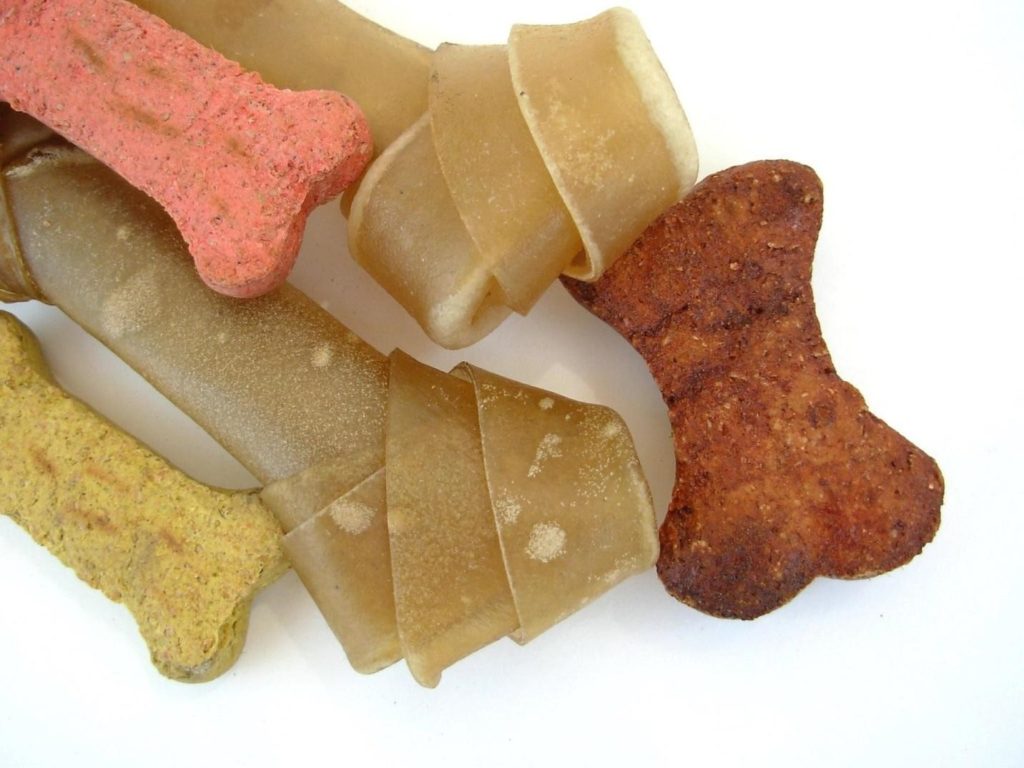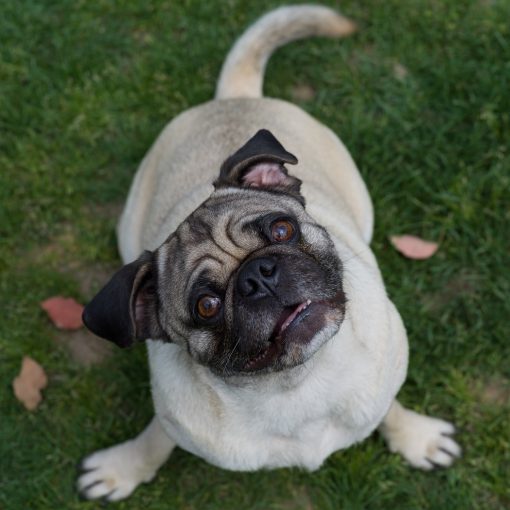Dog diabetes is a lifelong condition which requires a lot of commitment by owners to take care of their furry little mate. Although dog parents are usually unaware of things and daily rituals that they should adopt to keep their diabetic pups in best health conditions. They end–up asking a lot of questions about canine diabetes, therefore, we have decided to list down some frequently asked questions about canine diabetes and their answers.
What Is Canine Diabetes?
Unlike human diabetes in dogs is also caused due to the relative deficiency in the production of insulin by the body which causes high urine sugar or high blood sugar. The diabetes is caused when your dog is unable to metabolize sugar. As mentioned prior the owner has to take a great deal of responsibility to take care of his Fido to regulate the blood sugar level because if diabetes remained untreated it may cause blindness, malnutrition, and neuropathy to your dog. Taking control over your pet’s diabetes requires a collective effort by you and your pet’s veterinarian. However, in the start you may find it very difficult to take control over his diabetes as you would be required to keep an eye on his diet, feed him small but multiple portions, regularly checking his blood sugar and level of ketones and giving him insulin as prescribed by the veterinarian.
Diabetes Type 1 or Type 2?:
As I have mentioned previously that diabetes in dogs is caused due to 2 reasons. Either there is an insufficient production of insulin which is known as juvenile-onset diabetes (type 1 diabetes) or the body is producing insulin but the blood cells are unable to respond to it this is considered as type 2 diabetes. Insulin is anyhow required by the body to use glucose for energy supply. There are more chances of young dogs to suffer from type 1 diabetes while on the other hand type 2 diabetes is usually diagnosed in older dogs. Type 2 diabetes can be reversed by making changes in diet and by losing weight.
Precautionary Measures:
The dogs genetic may also play a role in causing diabetes like few dog breeds such as the golden retriever, Keeshonds, Dachshunds and German Shepherds are predisposed to developing diabetes. However, obesity is another factor that may lead your dog to get into this issue. Therefore, you need to give a lot of focus on what you are feeding your dog. However, you should feed your dog with grain free food as it does not contain carb in the form of wheat, rice or millet. The taste of wild has a wide variety of grain free dog food that can help you regulate blood sugar level in your dog. In addition to this, keep your dog moving as well. It has been noticed that obsess dogs become lazy and less active. Therefore, to take your dog for a walk or jog daily so that he can lose some excessive weight.
Symptoms:
Well, there are no such prominent symptoms. Some common symptoms of a diabetic dog are that he starts gaining weight, starts eating or drinking more and urinate a lot. He might also get lazy and become lethargic due to weakness. If you notice any of these symptoms immediately visit your vet.
Any Further Complications:
The dog with diabetes is more prone to infections. They may experience chronic inflammation due to living function insufficiency and pancreas. Another risk is that due to liver insufficiency your dog may go through liver diseases. Well, that’s not all renal insufficiency, urinary tract infections and hyperlipidemia is other diseases caused due to diabetes.
Treatment for Canine Diabetes:
Just like humans diabetes in dogs are treated by making three measures that are diet changes, insulin therapy, and lifestyle changes. Your vet will probably provide you a list of food that can be given to your dog and the ones that should be avoided. Ideally, you would be allowed to feed him with food which contains higher protein and low fat and carbohydrates ratio. Your dog may require insulin injections to control glucose level. In addition to this, make your dog exercise regularly that not just helps the dog to lose weight but it also helps him to use his energy in an effective way.
Can Canine Diabetes Be Cured?
Well, certainly there is no cure for diabetes type 1. The dog with diabetes type 1 needs insulin injections on regular basis all their life long. The pancreas stops producing insulin in type 1 diabetic dogs due to which insulin is not transferred to the cells. Therefore, insulin or glucokinase an enzyme that helps in transfer of glucose is injected into the diabetic dogs so that the normal sugar level can be maintained. While on the other hand, Type 2 diabetes can be reversed by making the changes mentioned above.
Taking proper care of your diabetic dog may help him to lead a happy and healthy.
Guest Author Bio:
Wendy is a self-employed beauty therapist, mother of two; life-long pet parent and lover of dogs who somehow manages to squeeze in the time to satisfy another of her loves – writing. Wendy is the founder, main contributor to and editor of TotallyGoldens.com
All opinions and facts are that of a third-party writer, not an official Feenta.com author. It’s an article written by a guest author. If you’d like to submit an article, go to our Write for Us page.






